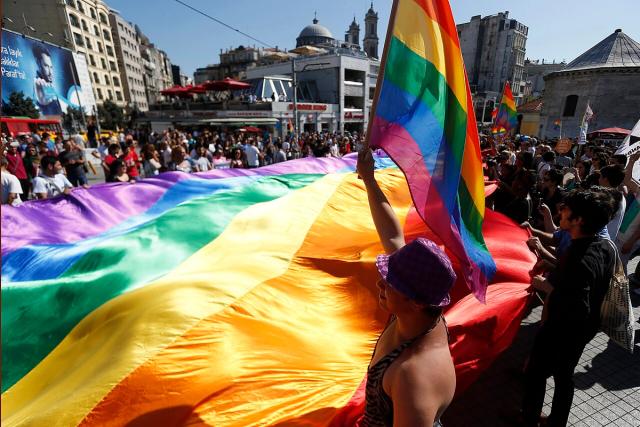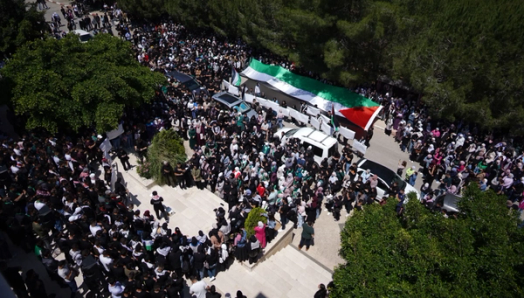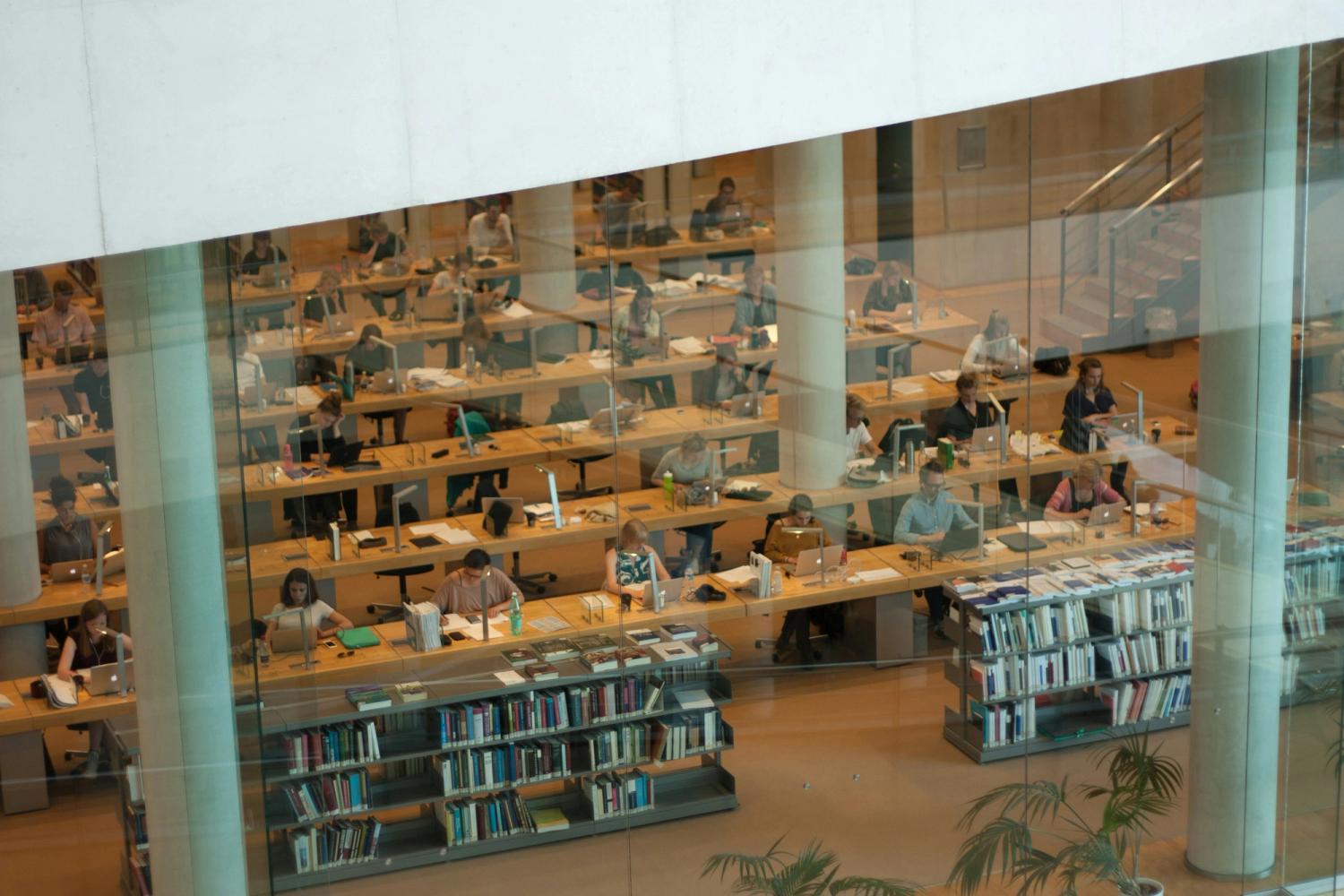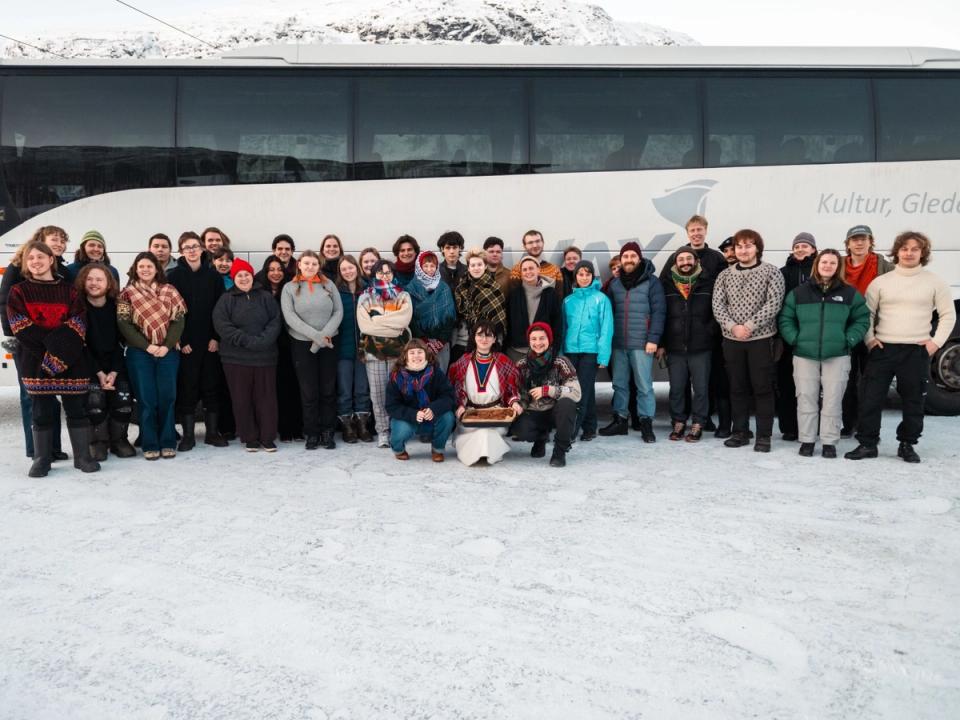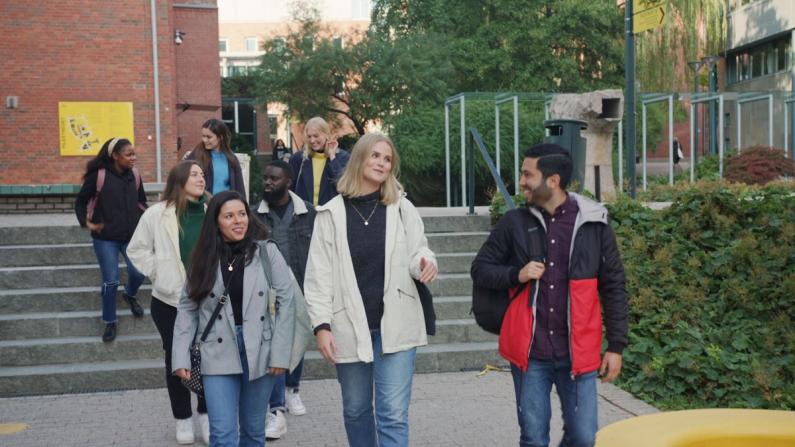Nyhet
EDUCATION UNDER ATTACK IN ZIMBABWE
By Washington Katema, former ZINASU President
Zimbabwe is experiencing educational crisis of unprecedented propositions in higher education. Since 1997, the academic atmosphere in the country has become worse as compared to the times of colonialism. In 1979 budgetary allocation to the education sector was 37% of the total national expenditure, while today the percentage is far less. The government of Mr. Robert Mugabe has consciously refused to accord education its rightful place in our overall developmental plan.
Yearly budgetary allocation to the sector has been most satanic and cruel. Our passionate plea to the government advising them to start spending at least 26 % of the budget on education, as required by UNESCO has fallen on the deaf ears of the power – drunk and blood – thirst leaders who spend most of their time blaming everyone except themselves. They blame history, circumstances and imagined enemies for the total collapse of our education system, once the beacon and envy of Africa. . The natural consequences of this is that the already over stretched facilities are further endangered.
A review of pertinent data shows that Zimbabwe is facing a sharp decline in public expenditure on higher education, deteriorating teaching conditions, decaying educational facilities and infrastructures, perpetual student unrest , erosion of university autonomy, a shortage of experienced and well trained professors, lack of academic freedoms, and an increasing rate of unemployment among university graduates.
One of the most critical problems challenging higher education in Zimbabwe is the rapid decline in public expenditure on education relative to rapid increase in enrolments at higher educational level and mushrooming of many state Universities. Instead of maintaining and improving the conditions at already existing universities, the populist government of Mr. Mugabe continues to build more institutions. The decrease in governmental expenditure on education has caused strained relations between the state and the public consumers of education. Unlike the educational funding system in the industrialized countries, education has traditionally been the financial responsibility of the Zimbabwean Government like in most African countries. Unfortunately due to gross economic mismanagement and to a lesser extend demographic pressures over the last decade; the government is now turning aggressively to already poverty stricken parents to bear the heavy burden of the astronomical costs of education.
To further compound this, government's policies and stance on sensitive issues germane to positive growth of the sector are detrimental to that goal. Directly or indirectly from some or all of the foregoing, Zimbabwe has the world's highest rate of college drop out outside war zone. The preliminary results of the research conducted by Zimbabwe National Students Union (ZINASU) in 2006 shows that more than 31.5 % of students were forced out of school due to the astronomical fees being charged in the tertiary institutions.
The government has this year increased both tuition and accommodation fees in all tertiary institutions this year. If the University of Zimbabwe Council meeting held on 12 December 2006 is anything to go by then an already poverty striken intelligentsia of this land will be paying $ZW 300 000 (US$ 1 200) in accommodation fees only, up from $ZW 24 000 and they are still waiting for the ministry to approve a staggering $ZW 550 000 being the tuition fees, up from $ZW 12 000. Students from the School of Mines in Bulawayo are expected to pay over $ZW 537 500 beside the fact that they will be going on attachment. What will become of students who are not going for attachment given that they will have to pay for accommodation and catering services? In all polytechnic colleges the students will be paying $ZW 115 000 being tuition fees and $ZW 200 000 for hostel facilities. The teachers colleges are expected to part away with $ZW 120 000 being money for tuition and $ZW 300 000 for hostel facilities. The agricultural college students will have to pay $ZW 250 000 in total.
What boggles the mind of all and sundry is the levels of mediocrity insulated at the Reserve Bank of Zimbabwe. The students are questioning the rationality or lack of it of having the Reserve Bank Governor, a one Gideon Gono ordering the world's fastest car, a Mercedes Benz Brasbus E V12 Biturbo at an earth shattering cost of US$ 365 000, when converted to the real market rate it amounts to $ZW 1 017 000 000, money which can pay for grade one up to grade seven pupils in 6 out of 10 provinces in Zimbabwe for 2 years or more.
The students must notice that after having weighed down by years of recklessness, looting, care free attitude, amnesia, corruption and madness, must now reclaim their rightful place in the struggle for a revolutionary transformation of our society to a democracy, were the respect for and protection of academic freedom is prioritized. Some students have argued that Mugabe and his cronies are not moved by the deteriorating standards in tertiary institutions because they did most of their degrees in prison. Former President of South Africa, Nelson Mandela observed that education is the most powerful weapon for development and it goes without saying students constitute the largest reservoir of technocrats in Zimbabwe development milieu, providing highly trained manpower in many sectors.
Lack of comprehensive and sustainable educational policy is a major factor in the shortage of manpower, especially trained lecturers in Zimbabwe. Zimbabwe is facing an acute shortage of a wide range of professionals, particularly in the areas of effective policy analysis, policy formulation, policy implementation, research and development, engineering, technology, medicine, teaching, agriculture and many other specialized areas of development process. Our economy is in doldrums and as a culmination many professional are leaving this country for green pastures.
Writing on the ZINASU website www.zinasu.org in his end of year statement the ZINASU president, Comrade Promise Mkwananzi promised the nation that the students will turn the corner in 2007. He warned that students being the major stakeholder in the Zimbabwean body politic will take it upon themselves to save the education and the nation at large from further abuse in the hands of the ruling or ruining party. While advising in strong terms, Mkwananzi told the nation that if a government rebels against students, the students will rebel back and if the government becomes anti-students, the students will become anti-government. The onus is now with us all the pro-democracy forces to support the students as they move to erode the authoritarian regime in Zimbabwe.
Little by little, Freedom will come
Aluta Continua; Victoria Acerta
Long live ZINASU
Long live Zimbabwe
Zimbabwe National Students Union21 Wembly Road, Eastlea, Harare, Zimbabwe, 0026391301231/ 002634788135zinasu@gmail.com
